GOTHENBURG, Sweden: Biofilm formation on dental implants is a major challenge for dental professionals. It causes patients great inconvenience and entails considerable costs. Now, by covering a graphene-based material with bactericidal molecules, researchers from Chalmers University of Technology in Gothenburg have developed a novel material designed to prevent infections.
A variety of drugs and molecules with antibacterial properties are available on the market; however, for them to be used in the body, they first have to be attached to a material which can be challenging and labour-intensive to produce. First author Dr Santosh Pandit from the Department of Biology and Biological Engineering at Chalmers explained in a university press release: “Graphene offers great potential here for interaction with hydrophobic molecules or drugs, and when we created our new material, we made use of these properties. The process of binding the antibacterial molecules takes place with the help of ultrasound,” said Pandit.
The researchers covered graphene material with usnic acid, which shows—according to previous studies—good bactericidal properties. In addition, it has been tested for its resistance to the pathogenic bacteria Staphylococcus aureus and Staphylococcus epidermidis, which are known to cause biofilm formation on medical implants.
The usnic acid was successfully integrated into the surface of the graphene material, and the researchers observed that the usnic acid molecules were released in a controlled and continuous manner, thereby preventing the formation of biofilms on the surface. “This is an essential requirement for the method to work,” explained Pandit.
Pandit added that the results show that the method for binding the hydrophobic molecules to graphene is simple. “It paves the way for more effective antibacterial protection of biomedical products in the future. We are now planning trials where we will explore binding other hydrophobic molecules and drugs with even greater potential to treat or prevent various clinical infections,” he continued.
The study, titled “Sustained release of usnic acid from graphene coatings ensures long term antibiofilm protection”, was published on 11 May 2021 in Scientific Reports.
Tags:
SEOUL, South Korea: According to the American Association of Orthodontists , more than five million people seek orthodontic treatments each year in the US ...
PHILADELPHIA, U.S.: In order to address implant failure and the associated effort and costs, researchers from the School of Dental Medicine of the ...
SEOUL, South Korea: The history of dental implantology dates back to ancient times, yet researchers are still trying solve a number of issues, such as ...
AARHUS, Denmark: Recent research increasingly highlights the importance of ecology-based strategies in caries prevention. A new human clinical study has ...
CAMBRIDGE, Mass., U.S.: Hydrogen embrittlement causes sudden, costly failures of metal components across a wide range of industries. Researchers from the ...
Endodontic treatment can attain success rates of between 85 and 97%.1 Adequate treatment protocols, knowledge and infection control are essential to ...
BAR-LEV, Israel: This March, MIS Implants Technologies is officially launching its latest in implant engineering, the B+ implant surface treatment, at the ...
GIEßEN, Germany: Researchers from the Institute of Organic Chemistry at the Justus Liebig University Gießen have developed a synthetic compound that ...
COLOGNE, Germany: Dental professionals are exposed to constant dental noise from several sources. Various studies show evidence of the hearing damage caused...
COLOGNE, Germany: Dental professionals are exposed to constant dental noise from several sources. Various studies show evidence of the hearing damage caused...
Live webinar
Tue. 3 March 2026
8:00 pm EST (New York)
Dr. Vasiliki Maseli DDS, MS, EdM
Live webinar
Wed. 4 March 2026
12:00 pm EST (New York)
Munther Sulieman LDS RCS (Eng) BDS (Lond) MSc PhD
Live webinar
Wed. 4 March 2026
1:00 pm EST (New York)
Live webinar
Wed. 4 March 2026
8:30 pm EST (New York)
Lancette VanGuilder BS, RDH, PHEDH, CEAS, FADHA
Live webinar
Fri. 6 March 2026
3:00 am EST (New York)
Live webinar
Tue. 10 March 2026
4:00 am EST (New York)
Assoc. Prof. Aaron Davis, Prof. Sarah Baker
Live webinar
Tue. 10 March 2026
8:00 pm EST (New York)
Dr. Vasiliki Maseli DDS, MS, EdM



 Austria / Österreich
Austria / Österreich
 Bosnia and Herzegovina / Босна и Херцеговина
Bosnia and Herzegovina / Босна и Херцеговина
 Bulgaria / България
Bulgaria / България
 Croatia / Hrvatska
Croatia / Hrvatska
 Czech Republic & Slovakia / Česká republika & Slovensko
Czech Republic & Slovakia / Česká republika & Slovensko
 France / France
France / France
 Germany / Deutschland
Germany / Deutschland
 Greece / ΕΛΛΑΔΑ
Greece / ΕΛΛΑΔΑ
 Hungary / Hungary
Hungary / Hungary
 Italy / Italia
Italy / Italia
 Netherlands / Nederland
Netherlands / Nederland
 Nordic / Nordic
Nordic / Nordic
 Poland / Polska
Poland / Polska
 Portugal / Portugal
Portugal / Portugal
 Romania & Moldova / România & Moldova
Romania & Moldova / România & Moldova
 Slovenia / Slovenija
Slovenia / Slovenija
 Serbia & Montenegro / Србија и Црна Гора
Serbia & Montenegro / Србија и Црна Гора
 Spain / España
Spain / España
 Switzerland / Schweiz
Switzerland / Schweiz
 Turkey / Türkiye
Turkey / Türkiye
 UK & Ireland / UK & Ireland
UK & Ireland / UK & Ireland
 Brazil / Brasil
Brazil / Brasil
 Canada / Canada
Canada / Canada
 Latin America / Latinoamérica
Latin America / Latinoamérica
 USA / USA
USA / USA
 China / 中国
China / 中国
 India / भारत गणराज्य
India / भारत गणराज्य
 Pakistan / Pākistān
Pakistan / Pākistān
 Vietnam / Việt Nam
Vietnam / Việt Nam
 ASEAN / ASEAN
ASEAN / ASEAN
 Israel / מְדִינַת יִשְׂרָאֵל
Israel / מְדִינַת יִשְׂרָאֵל
 Algeria, Morocco & Tunisia / الجزائر والمغرب وتونس
Algeria, Morocco & Tunisia / الجزائر والمغرب وتونس
 Middle East / Middle East
Middle East / Middle East
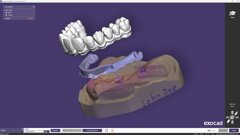


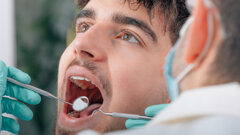
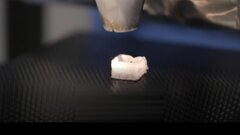
















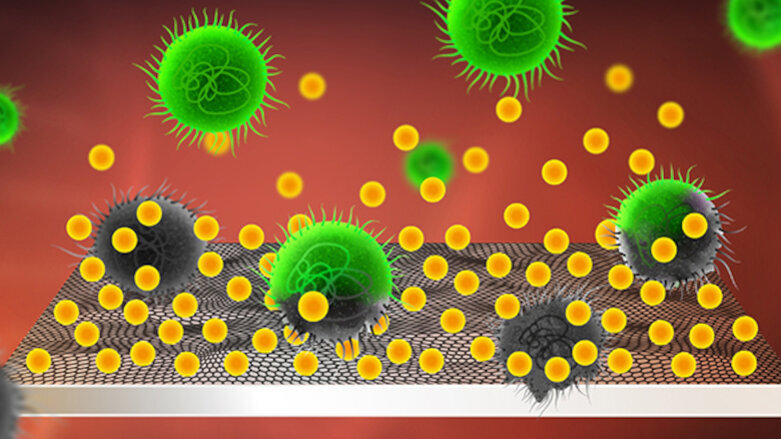



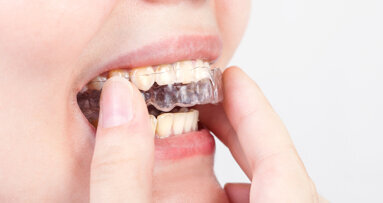
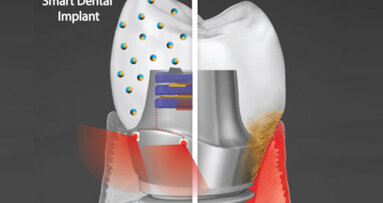
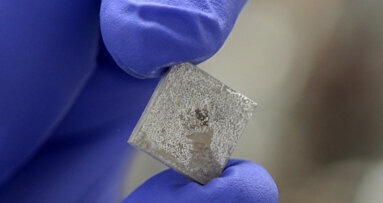

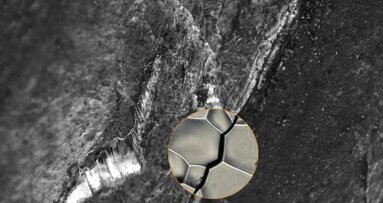

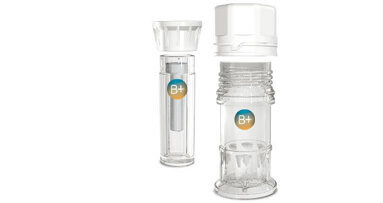

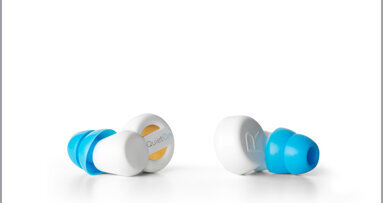








To post a reply please login or register